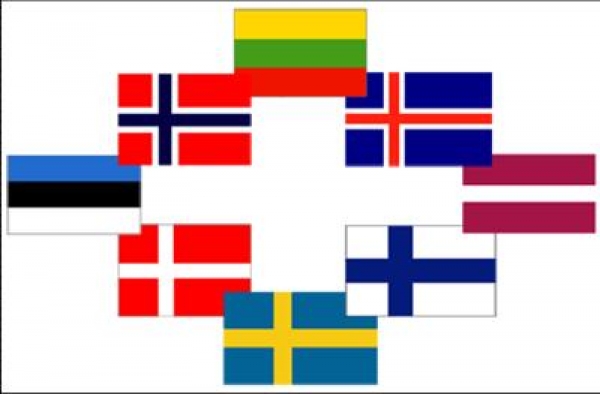 The Atlantic Council today released “Nordic-Baltic Security in the 21st Century: The Regional Agenda and the Global Role,” a compendium of issue briefs on a range of topics related to Nordic-Baltic security, including NATO’s role in the region, energy security, and how the region can play a larger role in the transatlantic community in concert with the United States, NATO, and the EU.
The Atlantic Council today released “Nordic-Baltic Security in the 21st Century: The Regional Agenda and the Global Role,” a compendium of issue briefs on a range of topics related to Nordic-Baltic security, including NATO’s role in the region, energy security, and how the region can play a larger role in the transatlantic community in concert with the United States, NATO, and the EU.
Authored by noted experts and former officials from the region and the United States, the compendium provides an overview of the current state of security in the region, as well as actionable policy advice on how to further deepen regional collaboration on security, defense, and foreign policy.
The compendium was released during the Atlantic Council’s major all-day conference on “Nordic-Baltic Security in the 21st Century” on September 7, featuring many of the compendium authors as speakers, and with a keynote by Vaira Vike-Freiberga, the former president of Latvia. The conference featured panels on NATO’s and the EU’s current and future role in the region, defense collaboration among the countries of the region, economic and energy security, as well as the global agenda for the region.
The conference also sought to capture the transformation of the Nordic-Baltic region from a contested space shortly after the end of the Cold War, to the region of today that embodies deep Euro-Atlantic integration, dynamism, and robust stability. The conference is also timely, considering the 20 year anniversary of the Baltic states regaining their independence from the Soviet Union.
The compendium, and the conference, represent the capstone of the Council’s Transatlantic Initiative on Nordic-Baltic Security. Supported by Sweden’s Ministry for Foreign Affairs, the initiative is a year-long effort intended to raise the level of debate on Nordic-Baltic security issues in Washington, provide a platform for policy dialogues among experts and officials from the United States and the region, as well as to provide policy relevant advice on how to advance regional security and defense policy coordination and cooperation.
Image: (graphic: Government of Lithuania)
